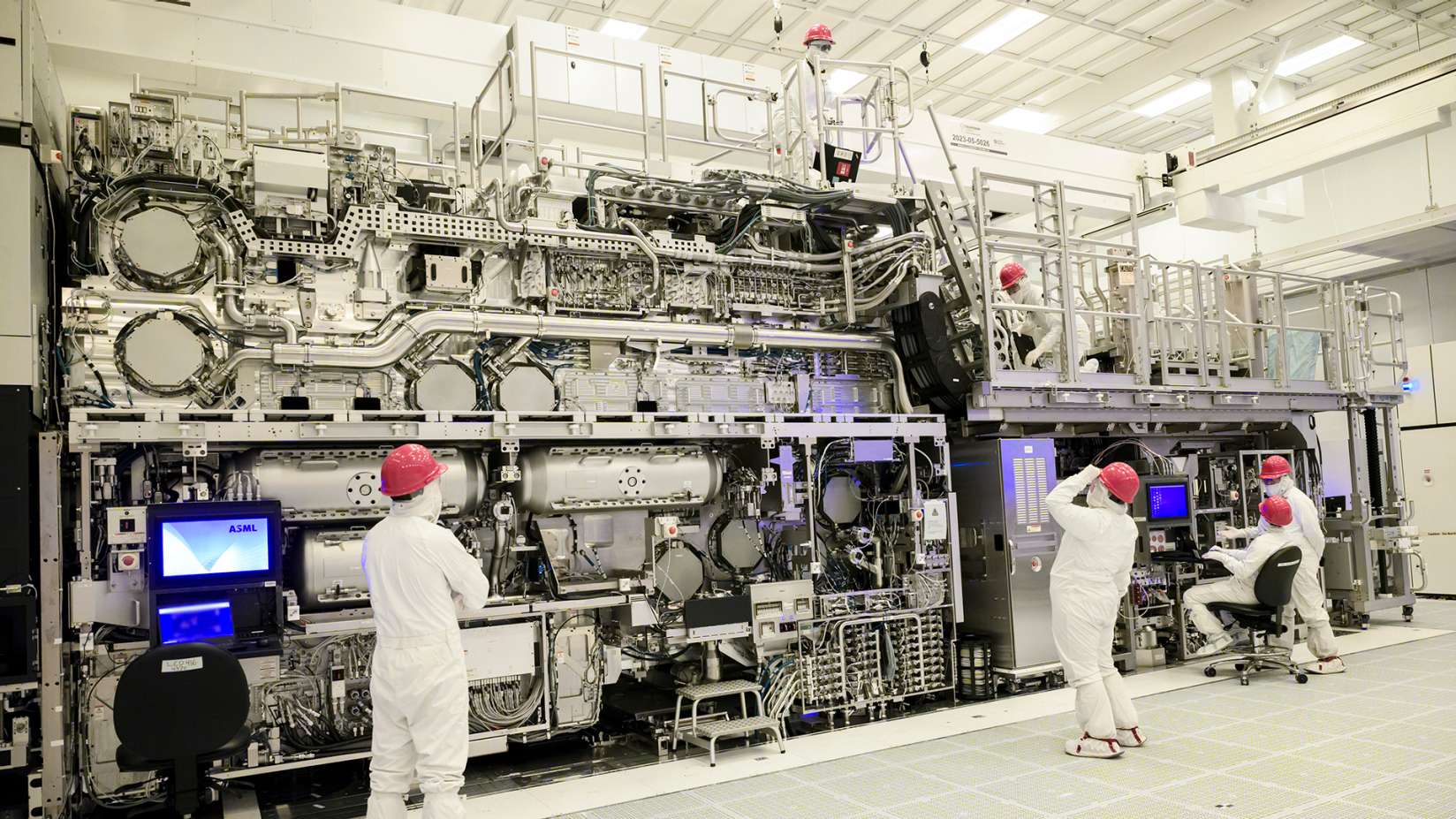ASML IT Outage Disrupts Worldwide Operations

Dutch chip equipment maker ASML says ‘fully recovered’ from IT outage affecting operations worldwide and is investigating cause
|
Getting your Trinity Audio player ready...
|
ASML, the dominant supplier of chipmaking equipment to the world’s semiconductor firms, said it has recovered from a technical outage on Friday that disrupted its operations around the world.
“All systems are fully recovered,” the company said, adding that it is investigating the cause of the outage.
The issue began on Friday morning and was resolved in the afternoon, a company spokesperson said.
Some staff were forced to work remotely, and the issue also affected ASML’s cleanrooms, offices, customer support departments and communications with suppliers, according to a report by Dutch newspaper Eindhovens Dagblad.

Global supply chain
ASML is a key supplier in the global semiconductor supply chain, and has been increasingly involved in US efforts to cut off the availability of advanced chip equipment to Chinese manufactuers.
The Dutch firm supplies equipment to the likes of Samsung Electronics and Taiwan’s TSMC, which manufactures chips for Nvidia.
Last month the firm accidentally released third-quarter earnings half a day earlier than scheduled due to what it called a “technical error”, amplifying weak results and sending ASML’s shares into their biggest one-day drop since 1998.
The company said it expected net sales for 2025 to come in at the lower half of a range it had previously provided, with chief financial officer Roger Dassen telling analysts ASML expects China sales to fall next year, due in part to US export restrictions.
Weakness
In spite of a boom in AI-related chips, other parts of the semiconductor market have been weak for longer than expected, leading companies that make logic chips to delay orders and customers that make memory chips to only plan “limited” new capacity additions, ASML said.
ASML’s comments were similar to those of dominant Chinese chipmaker SMIC, which said last week that it saw continued demand for AI chips but weakness in chips for the automobile, solar and battery sectors.